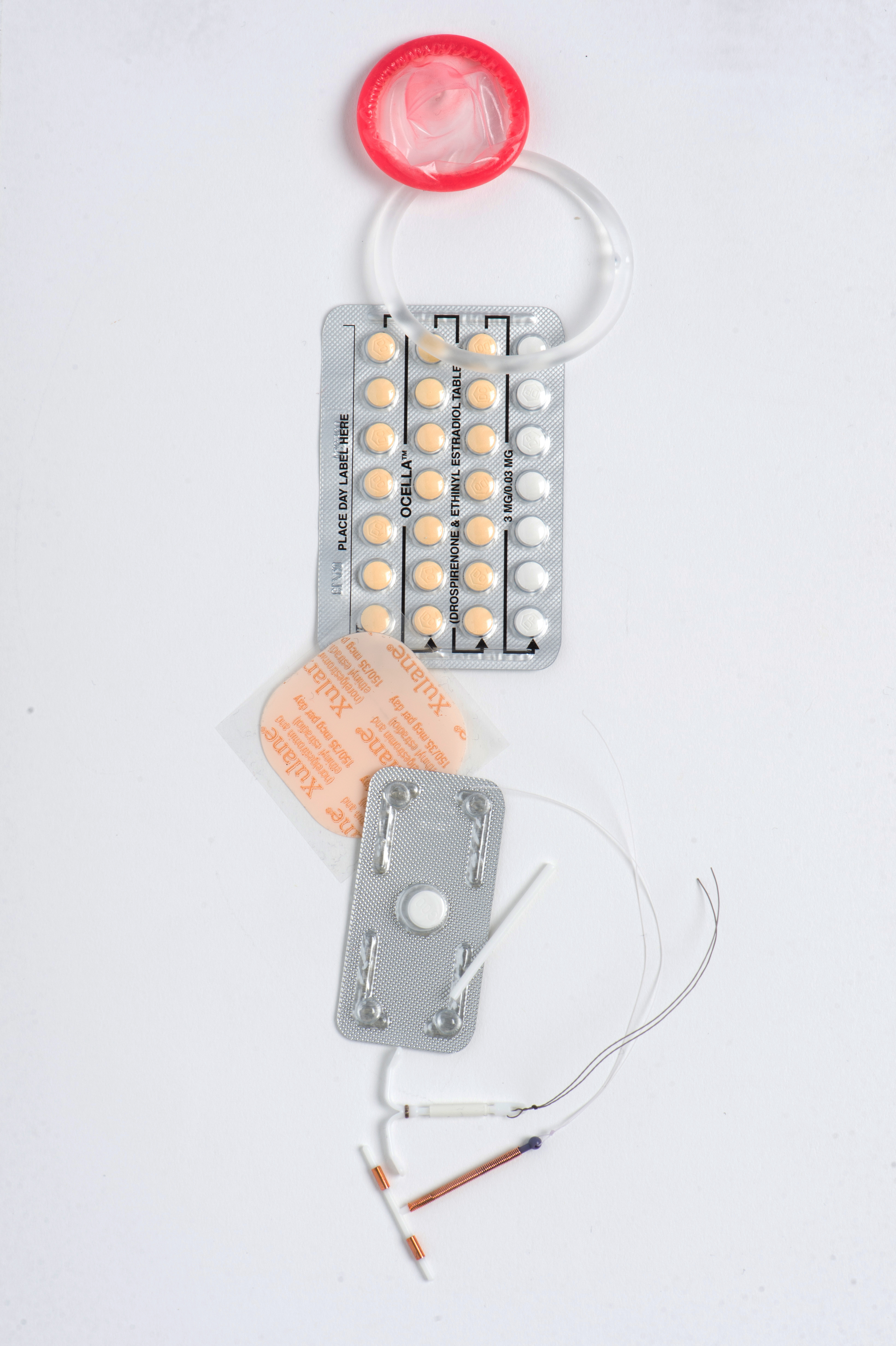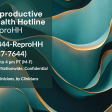 Access to birth control is crucial for young people’s reproductive autonomy. Many young people rely on a range of birth control methods to control the timing, spacing, and number of pregnancies.
Access to birth control is crucial for young people’s reproductive autonomy. Many young people rely on a range of birth control methods to control the timing, spacing, and number of pregnancies.
Adolescents and young adults are also at exceptionally high risk for intimate partner violence (IPV). It’s important to understand how experiencing IPV influences young people’s ability to exercise their reproductive autonomy.
A new paper from Beyond the Pill shows that among young community college women in California and Texas, experiencing IPV is linked with delays in getting the contraception they wanted. Over half of the women had experienced some form of IPV, with sexual pressure the most commonly reported. Experiencing physical violence was associated with the highest odds of delays in obtaining birth control, followed closely by experiencing threats often.
Among other factors, IPV may be linked with delays because of the mental distress that accompanies it. Previous research from this study showed the importance of mental health and emotional well-being in facilitating timely access to birth control.
Policies and services to support young adults experiencing IPV should consider their reproductive health needs and connect them with appropriate services, including contraceptive care. Sexual and reproductive health services should consider implementing universal trauma-informed IPV screening and response. It’s also important that community college health centers and community clinics that serve young adults provide contraceptive services and counseling to increase access and minimize delays. In states like Texas where abortion is illegal and maternal mortality is high, timely access to birth control is especially critical, as young people may face significant barriers to contraceptive care.
